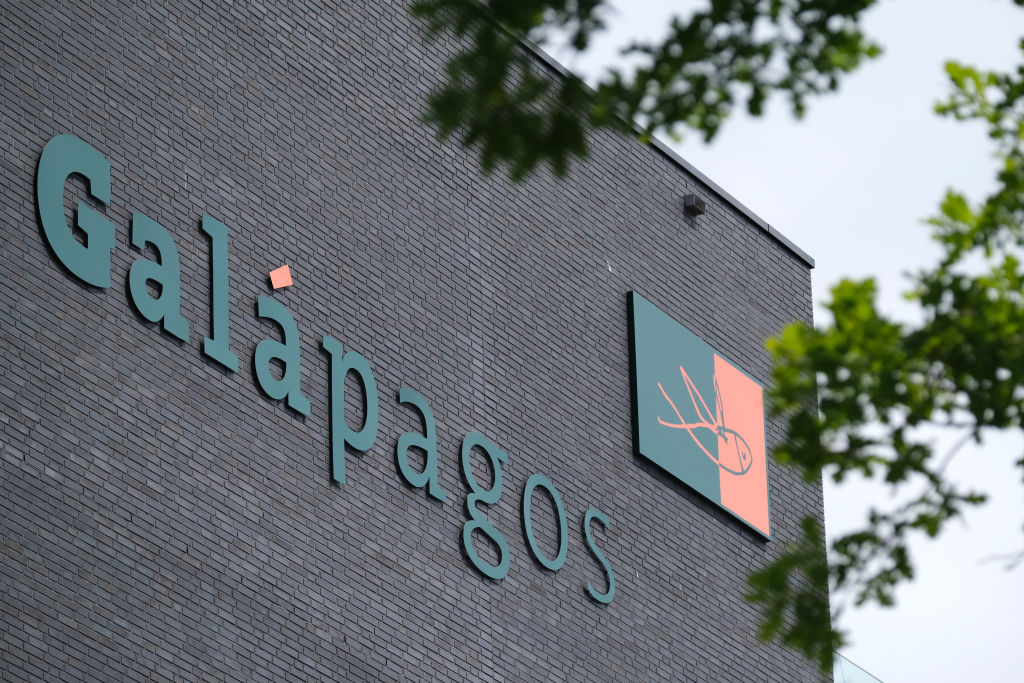
Supporters of the kidnapped Israeli hostages hold torches at a protest to demand a deal to bring every hostage home at once, amid Gaza ceasefire negotiations, in Tel Aviv, Israel, January 15, 2025. Photo: REUTERS/Ronen Zvulun
Israel’s leading hospitals are preparing to receive and treat the hostages who are set to be released from Hamas captivity as part of the ceasefire and hostage-release deal agreed upon on Wednesday between Israel and the Palestinian terrorist organization.
American Friends of Rabin Medical Center (AFRMC) said in an email on Thursday to supporters of the Rabin Medical Center in Petah Tikva that doctors at several of the hospital’s departments and similarly those at the Schneider Children’s Medical Center, which is located on Rabin Medical Center Campus, are on “high alert for the hopefully imminent release of the captives.”
“While the country waits with bated breath for their release, Rabin Medical Center has all hands on deck to prepare for the highest quality of care and treatment for these Israeli hostages,” AFRMC said.
According to Israel’s Health Ministry, the hostages will be treated at Sheba Medical Center, Sourasky Medical Center, Rabin Medical Center (including the Schneider Children’s Medical Center), or Shamir Medical Center. Hostages who need immediate treatment in serious conditions may also be treated at Soroka Medical Center in Beersheba and Barzilai Medical Center in Ashkelon. Dr. Hagar Mizrahi, head of the Health Ministry’s medical division, noted that it has not been decided yet which hospital will receive the hostages first and that the decision will be made based on a hostage’s conditions, according to Israel Hayom.
The Israel Defense Forces said “Wings of Freedom” is the name given to the Israeli military’s preparations for the return of the hostages as part of the new ceasefire agreement.
Concerns regarding the variety of serious conditions that the released hostages might have include infectious diseases, lack of nutrition, and physical injuries.
“Lack of adequate water, food, air, and sunlight for such an extended period of time will also greatly affect these hostages recovery,” AFRMC added. “Many elements of their state of health, both mental and physical, is still in question. The hospital is preparing for a wide range of wounds, injuries, and ailments, as well as the psychological and emotional impact of being held hostage for over 14 months.”
The Schneider Children’s Medical Center is one of the few hospitals in Israel that focuses on treating the physical and psychological injuries of children. The Rabin Medical Center has one of the only rehabilitation centers with a full-time specialized medical staff that is dedicated to treating victims of war. The hospital also has an emergency trauma fund accepting donations from the public that will help support trauma and psychological treatment for returning hostages; emergency orthopedic surgery equipment and supplies; trauma training for medical staff members; and rehabilitation equipment and supplies.
In November 2023, Israeli Health Ministry officials created guidelines for treating hostages returning home who were abducted by Hamas-led Palestinian terrorists during the deadly massacre in southern Israel on Oct. 7, 2023. That protocol has “since been further developed” after the initial group of released hostages were treated by the Rabin Medical Center, AFRMC said. The guidelines include a “timeline of hospitalization, re-introduction to society, family visits, and psychological care.”
A senior level social services manager at a central hospital in Israel, who has treated hostages previously released by Hamas since the start of the Israel-Hamas war in 2023, explained to Ynet and Yedioth Ahronoth how this hostage release will be different than previous ones.
“We understand that we’re dealing with unprecedented challenges,” she said. “The hostages from the previous deal were held for a relatively short period, but this time we’re talking about people who have been in captivity for a year and three months. Their psychological and physical state is likely far more complex. It’s reasonable to assume they’ve endured greater despair, harsher conditions, and more severe impacts on their physical health.”
“We’re aware that they will likely be exposed to an overwhelming amount of information, and based on past experiences, we’ve learned that hostages often return with misinformation or under the influence of psychological warfare,” she added. “Therefore, we anticipate a process of reconnecting with reality but approach it gradually and in a way tailored to their needs.”
Hamas and Israel reached a ceasefire-hostage exchange deal that is set to take effect on Sunday, according to senior officials who helped broker the agreement. During the first phase of the deal, Hamas will over six weeks release 33 of the 98 remaining hostages who have been help captive in the Gaza Strip for 15 months. In exchange, Israel will free hundreds of Palestinians prisoners, who were largely detained for involvement in terrorist activities.
Hamas is expected to free three hostages on the first day of the ceasefire and then another four on the seventh day. The US-designated terrorist organization will then make weekly releases and by the end of the phase, all living women, children, and older people held hostage in Gaza should be freed. The deal also includes the withdrawal of Israeli soldiers from the Gaza Strip.










